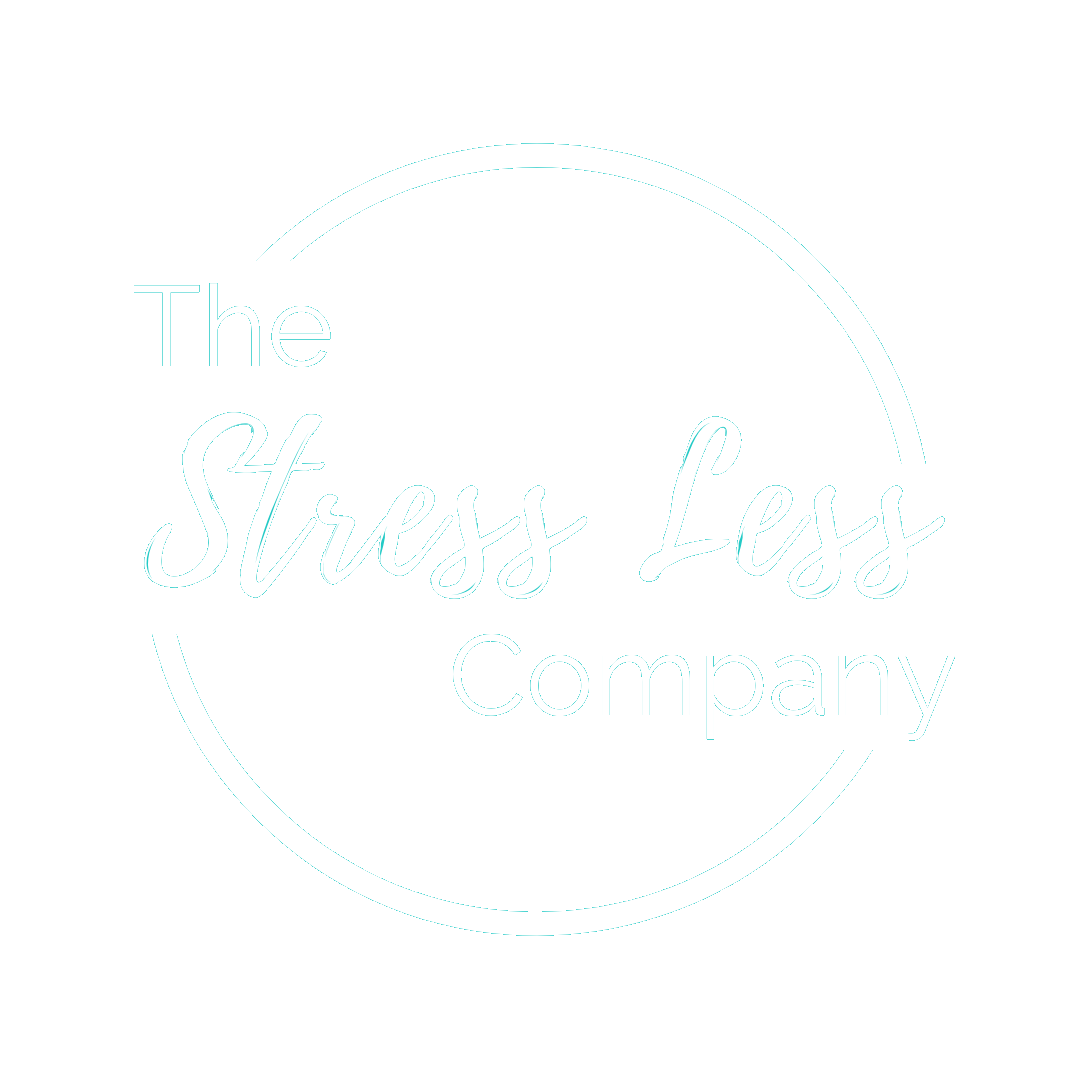How many of us have done this: we just got home from the WORST day ever. Our boss screamed at us again, we were late to everything, and by the time we get home, the only thing we can think about doing is plunging face-first into a huge tub of ice cream and whatever else we have in our kitchens. We all have those comfort foods we love to turn to when we aren’t feeling great. However, while it may make you feel good for a moment, food is not going to make all that stress go away. This week on The Stress Less Show, we are talking about food and emotional eating - a huge issue for so many of us out there. I brought Jessica Procini, founder of Escape From Emotional Eating, on the show to help us learn how to stop using food as a way to cope with our stress.
Jessica realized that she felt called to become an Emotional Eating Healer and create Escape from Emotional Eating after her own journey with emotional eating and setting out to heal her own relationship with food.
“Food was very much a safety blanket for me. After a long stressful day, I would go right to the pantry and pretty much eat whatever I could get my hands on.”
Feeling that her friends and partner couldn’t understand what she was going through, she tried therapy and groups like Overeater’s Anonymous but still didn’t feel that these more traditional methods resonated with her. After rejecting these methods for coping with her emotional eating, she focused on getting to the root of her issues with food and was able to find the solutions she needed to heal her relationship with food.
“I discovered that I was using food to not feel my feelings… Now, my life is completely different. I have a very peaceful, nourishing, even compassionate relationship with food. It's no longer something that I think about all the time.”
Since then, Jessica has dedicated herself to helping others heal their own emotional eating. Through her work on herself and her clients, Jessica has come up with a couple of powerful tips she shared with me this week that we can all use to rebuild a healthy relationship with food.
Tip #1: Understand the Two Types of Hunger
A lot of us don’t think too deeply about where our hunger is coming from. We simply act on it. However, Jessica notes that there are actually two types of hunger that we experience. There is our physical hunger - our body’s way of telling us we need energy and nutrients. Then, there is our emotional hunger which goes much deeper and is the result of an emotional need not being met. Jessica’s first tip for healing our relationship with food and eating lies in understanding when we are experiencing emotional hunger versus physical hunger.
“For an emotional eater, we get them very much confused. We can feel any tinge of anything and immediately assume that we're hungry for food, but we could be ‘hungry’ because we're tired, because we need a break, because we actually really yearn for a connection with someone.”
The more we can start to separate our emotional hunger from our physical hunger, we can begin to see more clearly what our minds and bodies truly need.
Tip #2: Use The Fullness Scale
Differentiating between physical and emotional hunger can be incredibly difficult at first - especially if we are so used to using food as a coping mechanism. A great starting point for recognizing the difference between the two types of hunger is by paying attention to our physical hunger and when we feel physically full.
Jessica suggests using a one through ten scale to rate how full we are feeling. “Ten is Thanksgiving Day stuffed. You have to unbutton your pants. You just want to go take a nap. You feel really guilty, bloated, [and] gross.”
While a ten might seem normal on Thanksgiving, feeling this full all the time doesn’t make us feel good. Jessica recommends that we should aim to stay around a seven on the fullness scale.
“This is what I call eating for energy and eating for integrity. This is where we're eating to a point where we feel satiated and satisfied and full, but we're not wanting to just escape our life and go take a nap.”
Once we start rating our fullness on the fullness scale, we can start to better understand our eating behaviors so we can address where we need to address our emotional eating urges. When we find ourselves still feeling compelled to eat when we are feeling at a seven on the fullness scale, we start to narrow in on the nature of our emotional eating.
“The more that we can practice aiming for completion around a seven, then we can start to understand, ‘Oh this is emotional hunger, so I must need something emotionally.’"
If Jessica’s story or tips resonated with you, you can learn more about your own relationship with food by taking this free quiz to understand if you are using food to cope with stress or overwhelm. You can also learn more about Jessica’s work at EscapeFromEmotionalEating.com.
This week’s episode of The Stress Less Show was sponsored by our generous sponsor, Escape from Emotional Eating. View a full transcription of this week’s episode here.
